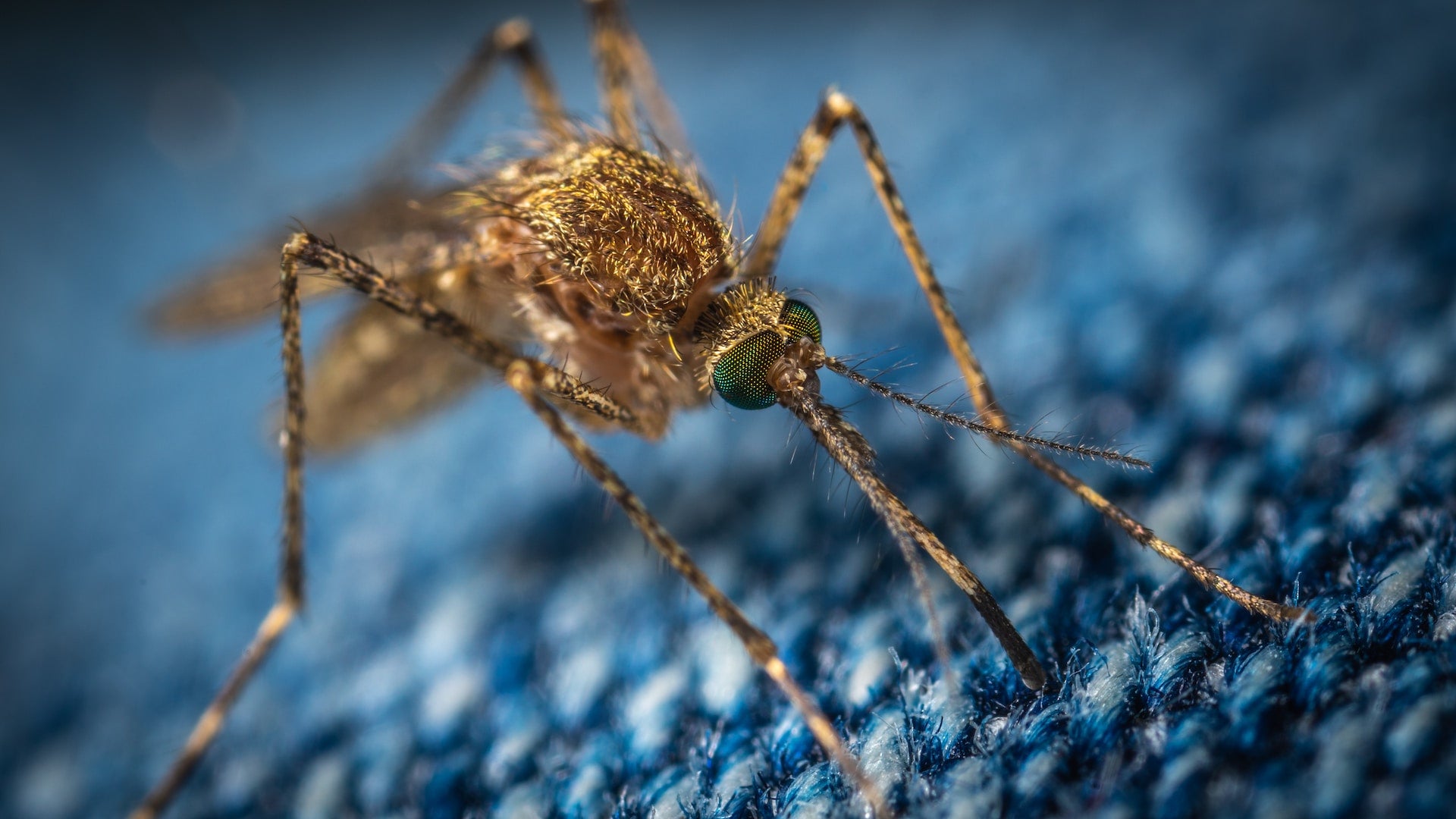
Valneva published the peer-reviewed data from the Phase III trial for its single-shot chikungunya vaccine candidate, VLA1553, in the Lancelet. VLA1553 is under priority review by the US Food and Drug Administration (FDA) with a Prescription Drug User Fee Act (PDUFA) review goal date at the end of August 2023.
The results from the double-blind, multicentre, randomised Phase III trial (NCT04546724) showed very high seroresponse rate of 98.9% in participants 28 days after receiving the single administration. The Phase III results were first reported in The Lancet.

Discover B2B Marketing That Performs
Combine business intelligence and editorial excellence to reach engaged professionals across 36 leading media platforms.
VLA1553 is a live-attenuated vaccine candidate for active immunisation and prevention of disease caused by chikungunya virus.
Chikungunya is a mosquito-borne viral disease caused by the chikungunya virus transmitted by Aedes mosquitoes. According to the World Health Organization (WHO) chikungunya is prevalent in Africa, Asia, and the Americas.
GlobalData forecasts global sales for Valneva’s chikungunya vaccine to exceed $248 million in 2029. GlobalData is the parent company of Clinical Trials Arena.
Other chikungunya vaccine candidates in Phase III trials include Emergent BioSolutions’s virus like particle vaccine and Bharat Biotech’s inactivated virus vaccine.

US Tariffs are shifting - will you react or anticipate?
Don’t let policy changes catch you off guard. Stay proactive with real-time data and expert analysis.
By GlobalDataMerck has discontinued its chikungunya vaccine program, as reported by Fierce Biotech, after completing Phase II trials in 2021.
VLA1553’s Phase III data
The study met its primary endpoint, with VLA1553 neutralising antibody levels 28 days post vaccination in 263 out of a total 266 participants following a single vaccination, irrespective of age.
The vaccine was well tolerated with only 1.5% and 0.8% of the participants reporting a serious adverse event in the VLA1553 and placebo arms, respectively.
The two serious vaccine related adverse events observed during the trial were mild myalgia and syndrome of inappropriate antidiuretic hormone secretion (SIADH).
Valneva has completed enrolment for study in adolescents for its chikungunya vaccine (NCT04650399). A follow-up study is also underway to monitor the immune response over 5 years (NCT04838444).
VLA1553 chikungunya trials are funded by $24.6 million from the Coalition for Epidemic Preparedness Innovations (CEPI).





